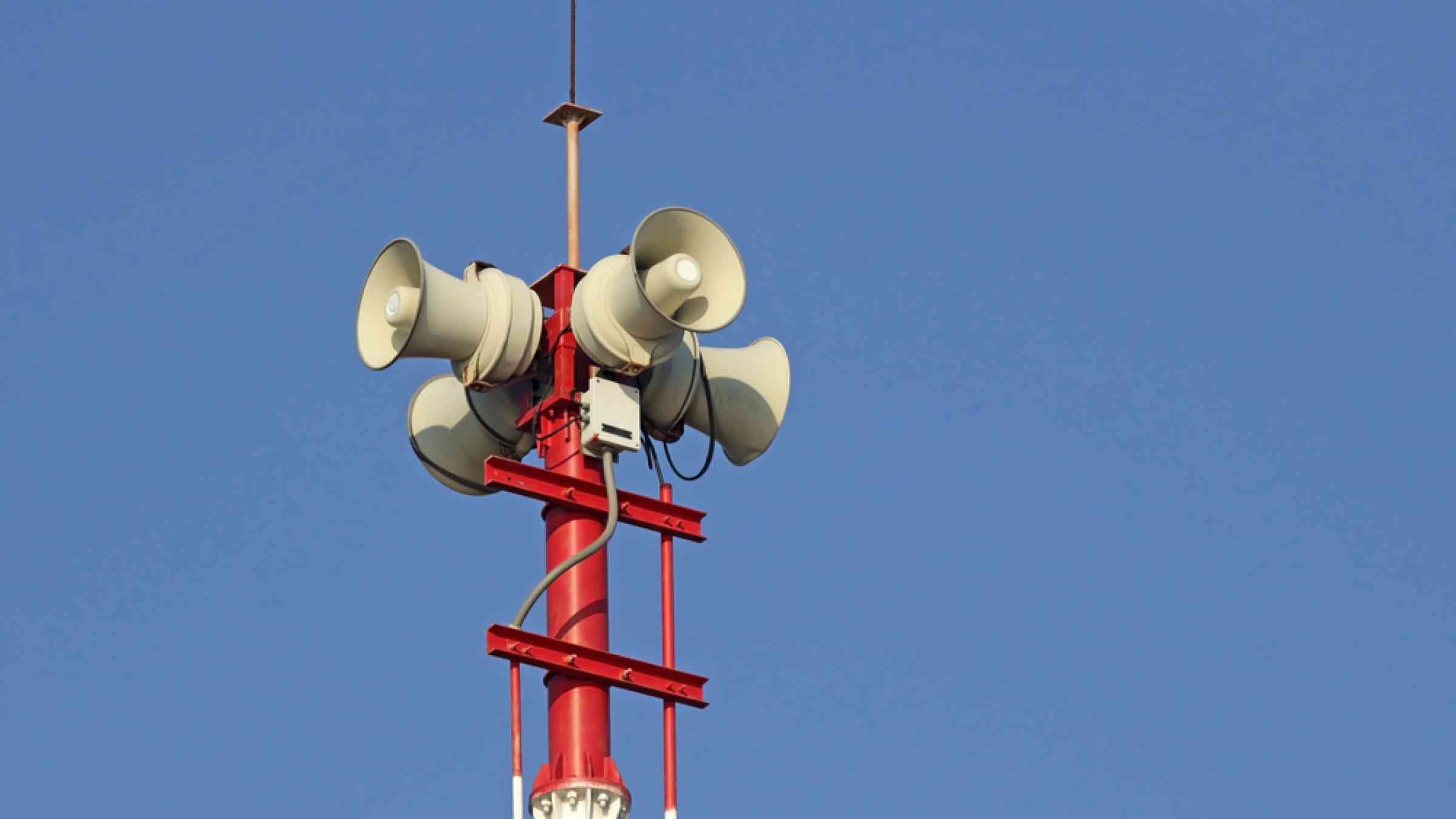Sub-session of Early Warnings for All Multi-Stakeholder Forum for Europe and Central Asia: Anticipatory Action
Early warning systems are essential for reducing disaster risks and enabling disaster preparedness to help save lives and minimise the potential impact of disasters. However, to be effective, early warnings need to be followed up by early action, also known as anticipatory action or forecast-based action. Anticipatory action refers to actions taken before a crises hits to prevent or reduce potential disaster impacts prior to a shock or before acute impacts are felt.
With the frequency and severity of extreme weather events having increased in the past decade, and the expectation that this upward trend will only continue in the future, anticipatory action provides a tangible solution to the challenges that lie ahead. Acting before a hazard turns into a disaster can save lives and livelihoods, and reduces human suffering. Anticipatory action is a faster, more effective and dignified way of providing support. By evacuating people before a flood, there will be no need to rescue them and support them afterwards. By enabling farmers to find alternate livelihood options ahead of a drought, they will not need food aid when the harvest fails. Anticipatory action is a no-regrets approach: it can reduce the burden of emergency response and make it more effective, even if the crisis does not turn into an extreme event.
This session will focus on the need to follow up early warnings with early action as an essential means of ensuring that lives and livelihoods are not only saved during a hazard event, but can even thrive, even in the midst of a crisis.
The objectives of the session will be to understand:
- The importance and key elements of anticipatory action
- How to systematically link early warnings to early action
- The role of different actors and the need for monitoring
- The possibility of pre-positioning materials, finances and capacities
List of speakers:
- Mr. Ivane Grigolashvili, Chairman, DRR Centre/Association Rural Development for Future
- Ms. Zeynep Sanduvac, Programme Coordinator, Nirengi Dernegi
- Mr. Ara Nazinyan, Armenia Country Lead, USAID
- Ms. Mayyada Ansari, Global Head of GoHelp – Disaster Preparedness & Response, Communications and Sustainability, DHL Group

Agenda
Location
Hotel Splendid